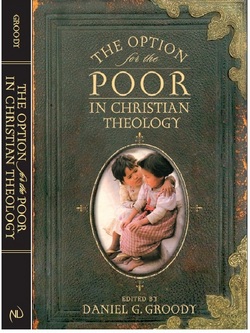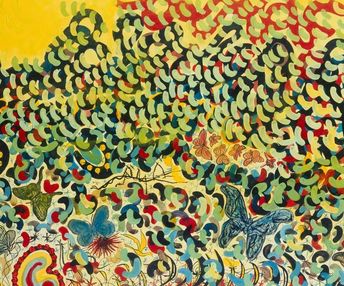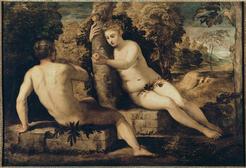Faith, Life and Reason
- Christian Faith and Global Justice
- Constructing a Good Life
- Perfect God, Imperfect World: The Problem of Evil
Christian Faith and Global Justice
Daniel Groody
Section 25 (CRN 14859) MW 1:30-2:45

We find ourselves at the dawn of a new era of human history, which many refer to as the era of globalization. It is a time of new opportunities and unprecedented potential, but it brings with it new perils and greater social, political, and economic turmoil than ever before. However one feels about these tides of change, it is clear that this globalization “ship” is in the waters of planet earth and all humanity is on board. Whether it gets shipwrecked on the icebergs of greed, or whether it brings us to a new land of human solidarity depends on which course this ship takes. The theme of this seminar is that the faith that does justice is the rudder that will lead us in the right direction. Through film, social sciences, and theological reflection, we will seek to understand the world we live in and the frameworks, narratives, images, values, and premises we use to interpret that world. After setting the stage of the reality of our globalized world–and particularly the problem of poverty and the fact that half the world lives on less than two dollars a day and two thirds live in abject poverty–we will do a faith reading of reality by looking at the major Christian themes that have direct bearing on our global reality. We will draw on scripture, early Christian sources, Catholic social teaching, non-Christian religions, liturgy, contemporary theological reflection, icons of justice, mysticism, and spirituality as we explore what it means to be Christian in a time of titanic change.
Constructing a Good Life
Darcia Narvaez
Section 23 (CRN 14858) TR 2:00-3:15

Students read about, experience, discuss and practice constructing a good life. Students learn of research into positive development and practice applying positive principles in their own lives. Readings will be drawn from psychology (developmental, positive, educational), science (e.g., Darwin), literature (poems and stories), philosophy (e.g., Aristotle), and Catholic social teaching (U.S. Bishops). We explore factors found to lead to greater flourishing (e.g., mindfulness, emotional intelligence, play, gratitude). Field trips will include an outdoor experience and experiencing the arts (Snite Museium, concerts, film). Students will choose a virtue to cultivate during the semester. Students will lead discussions, make different types of oral presentations, and write several short pieces.
Perfect God, Imperfect World: The Problem of Evil
Linda Major
Section 05 (CRN 13715) MW 11:45-1:00

If you could ask God only one question what would it be? According to a recent survey most people would ask, "why is there so much pain and suffering in the world?" If God is all-good, all-knowing, and all-powerful how does one explain the existence of moral and natural evil in the world? This course will explore the "Problem of Evil" as treated in theology, philosophy, psychology, literature, and the arts. The course will include readings from Scripture, Plato, Augustine, Peter Abelard, Immanuel Kant, C.G. Jung, Fyodor Dostoevsky, C.S. Lewis, Dorothy L. Sayers, Elie Wiesel and others. Participants will be encouraged not only to examine how this question has been treated, but also to derive a personal position on the nature of evil, its presence in everyday life, and how best to respond to it. The primary tools for this investigation will be dialectical inquiry and oral presentation.